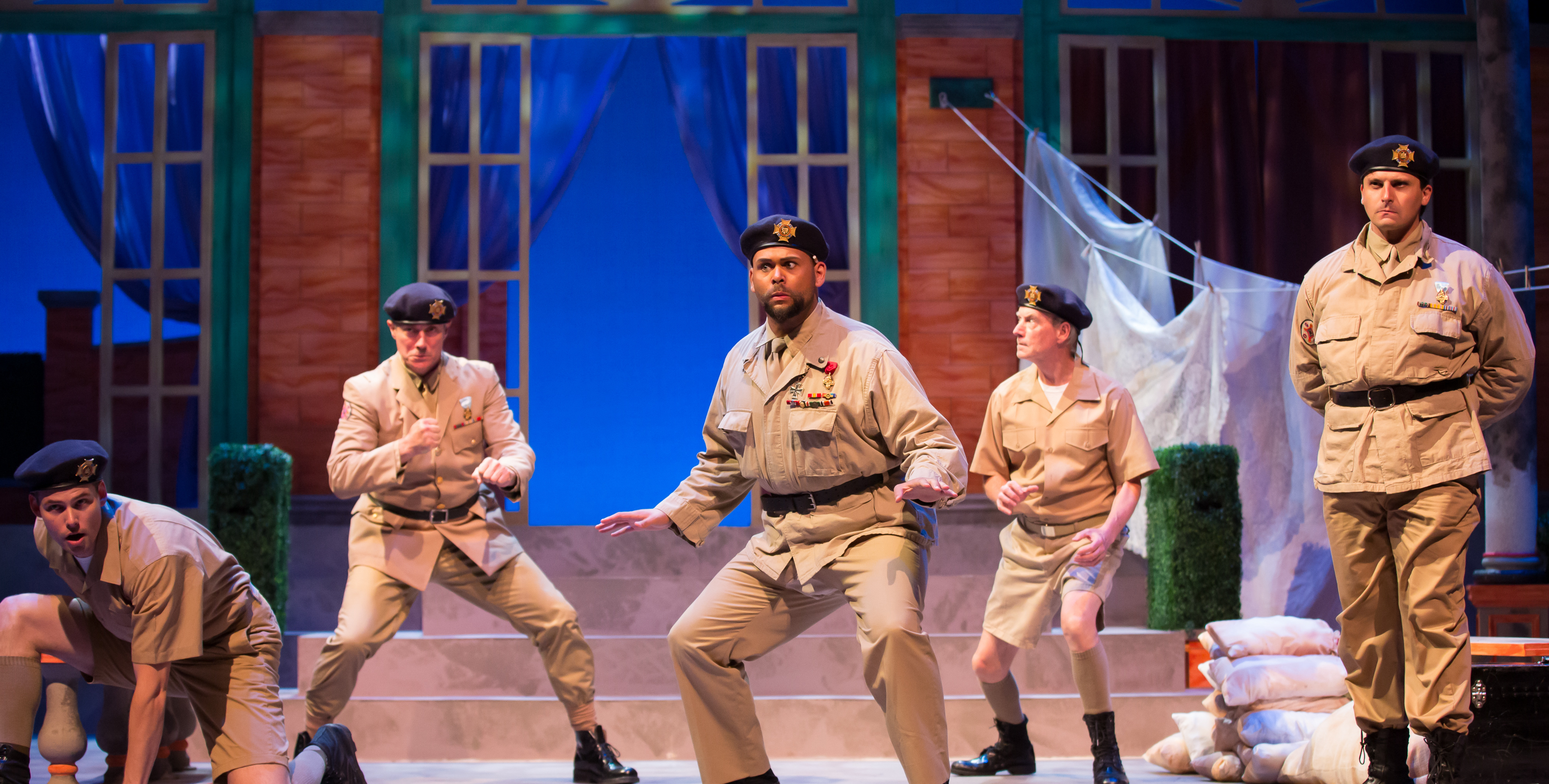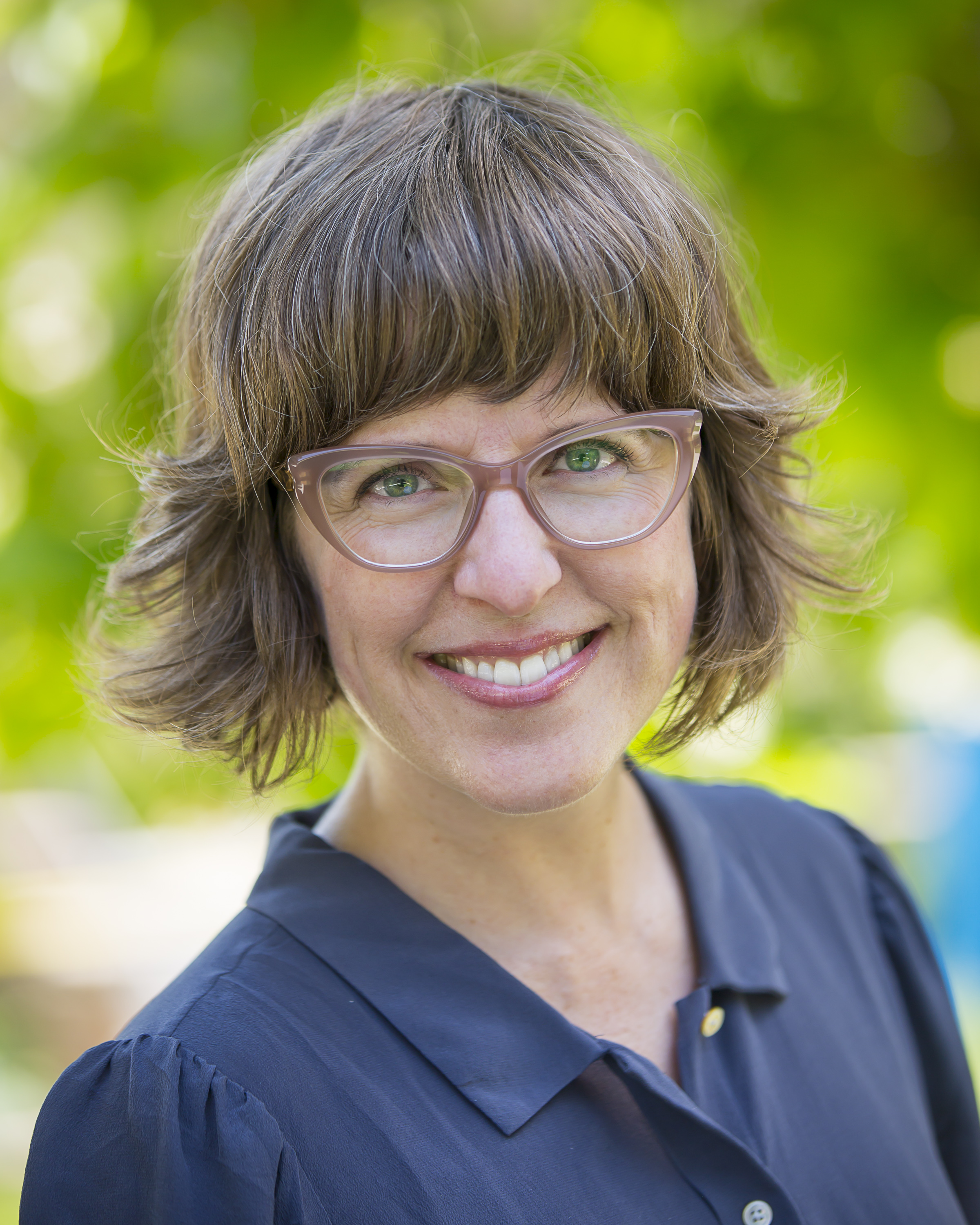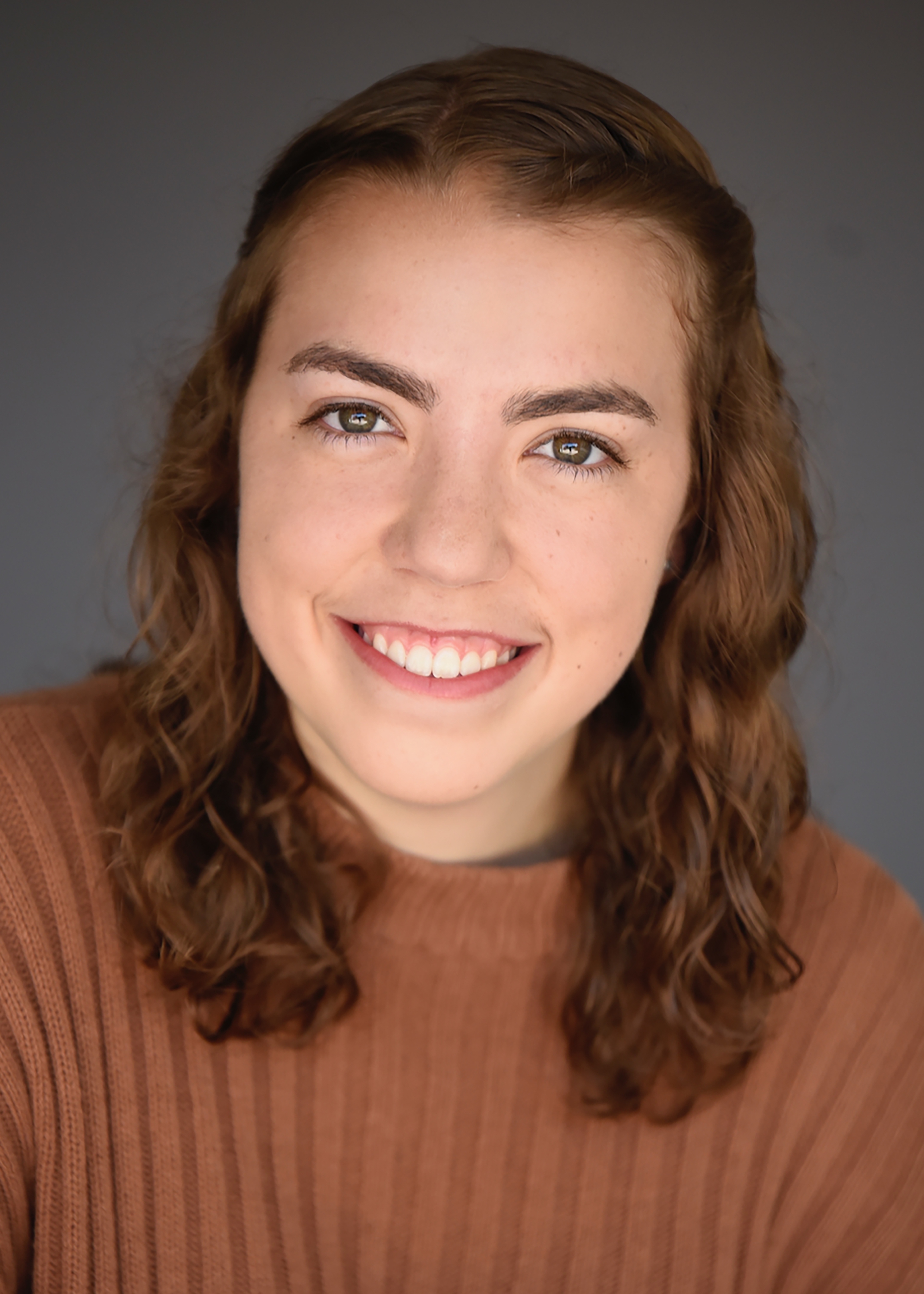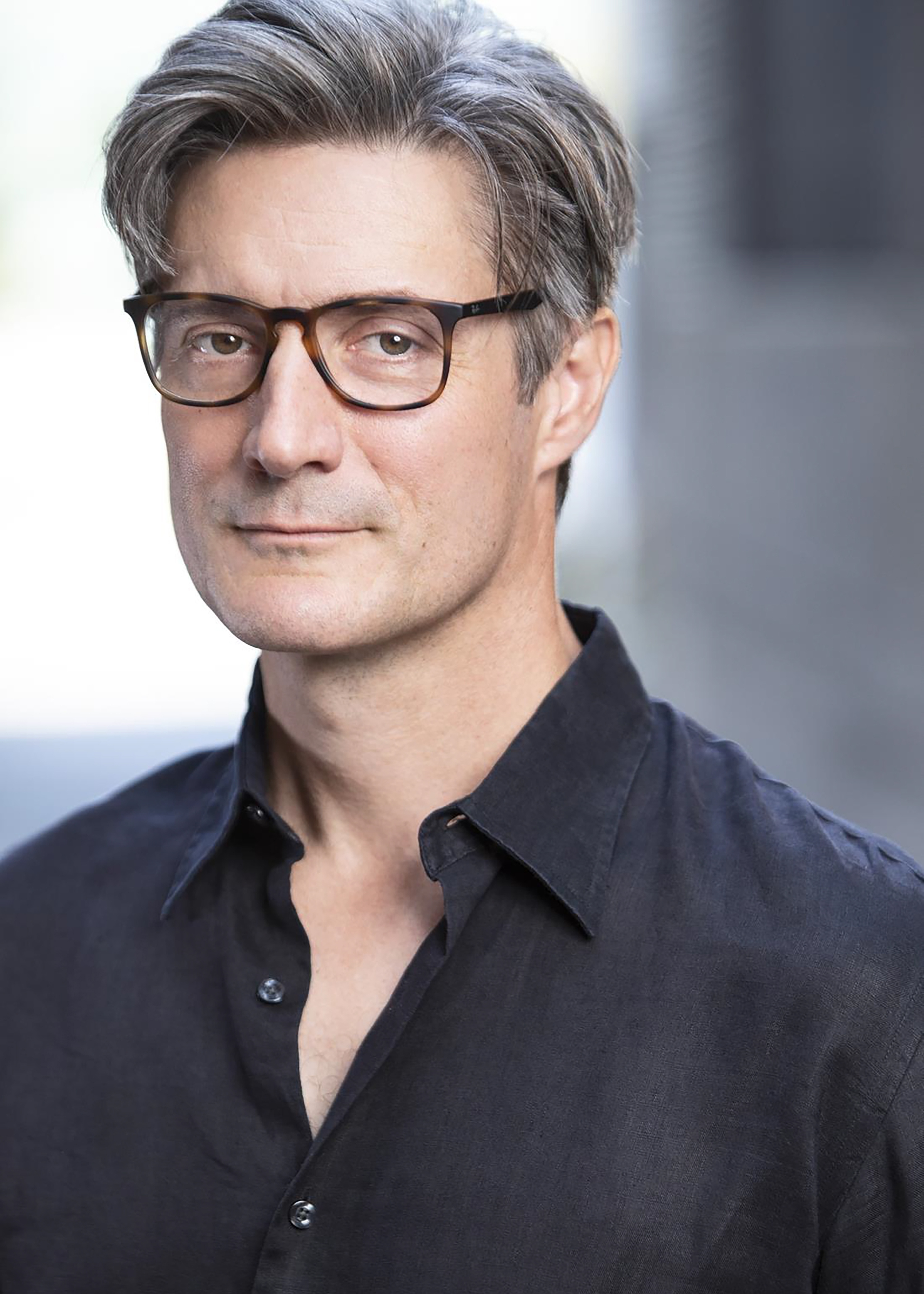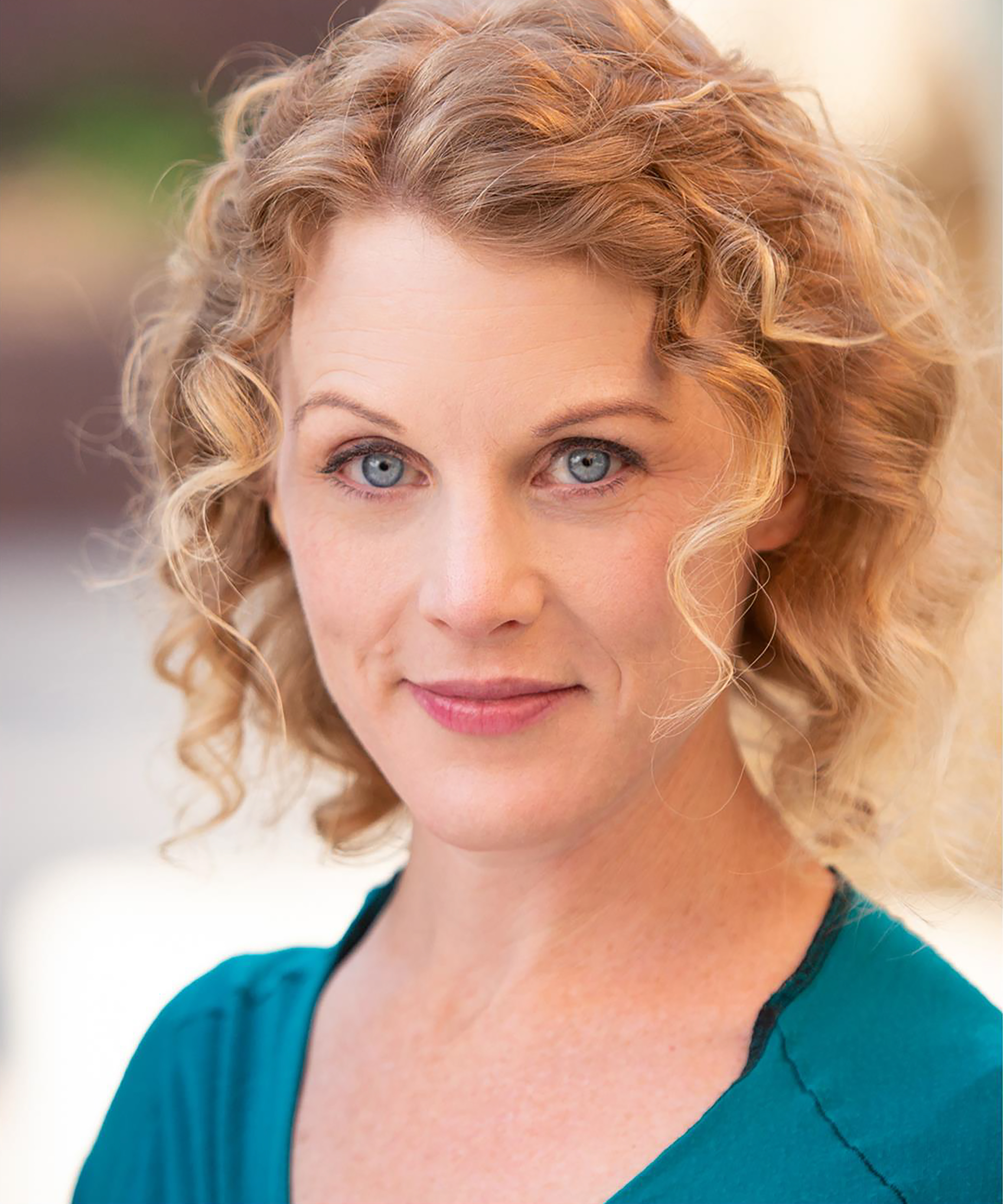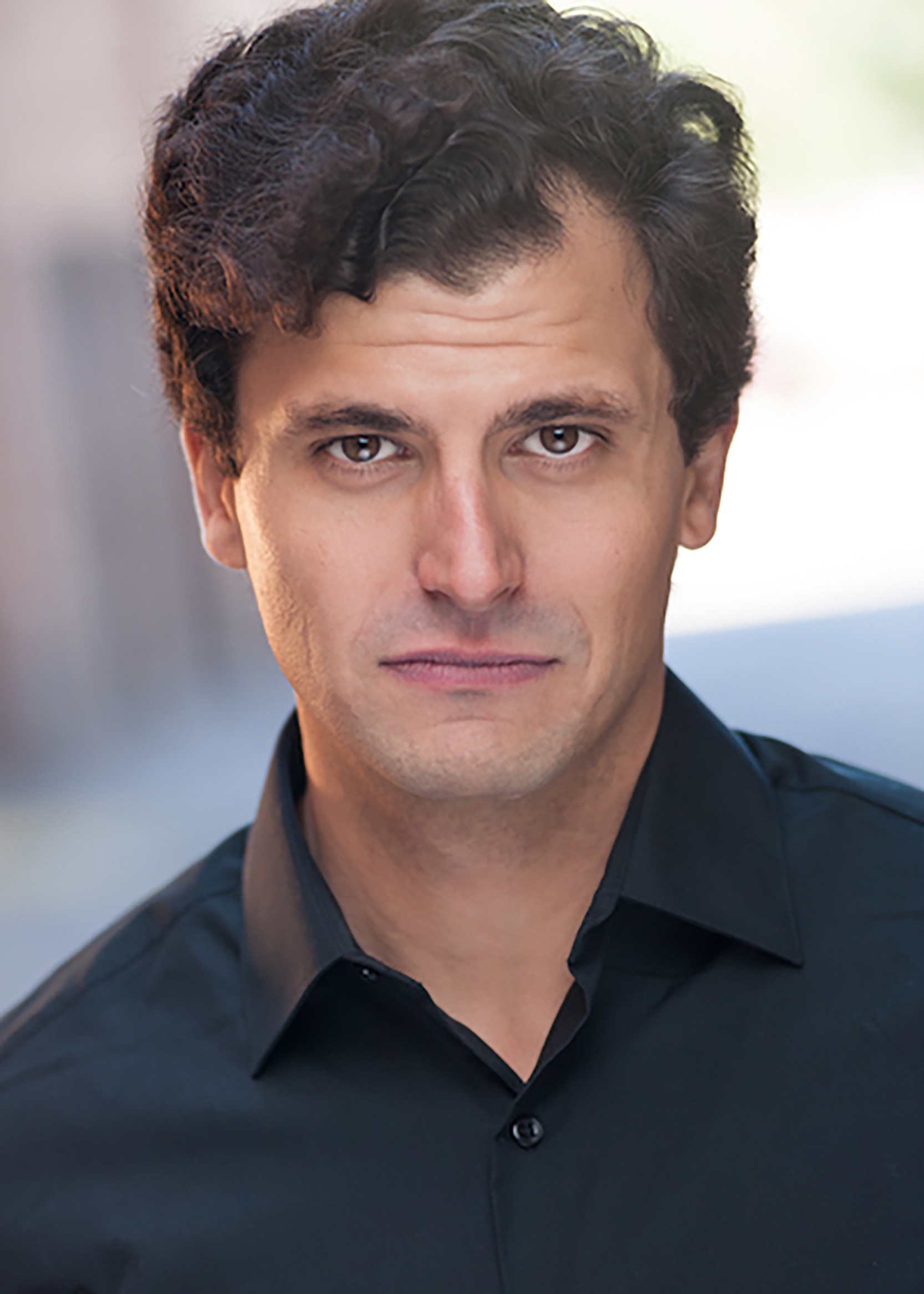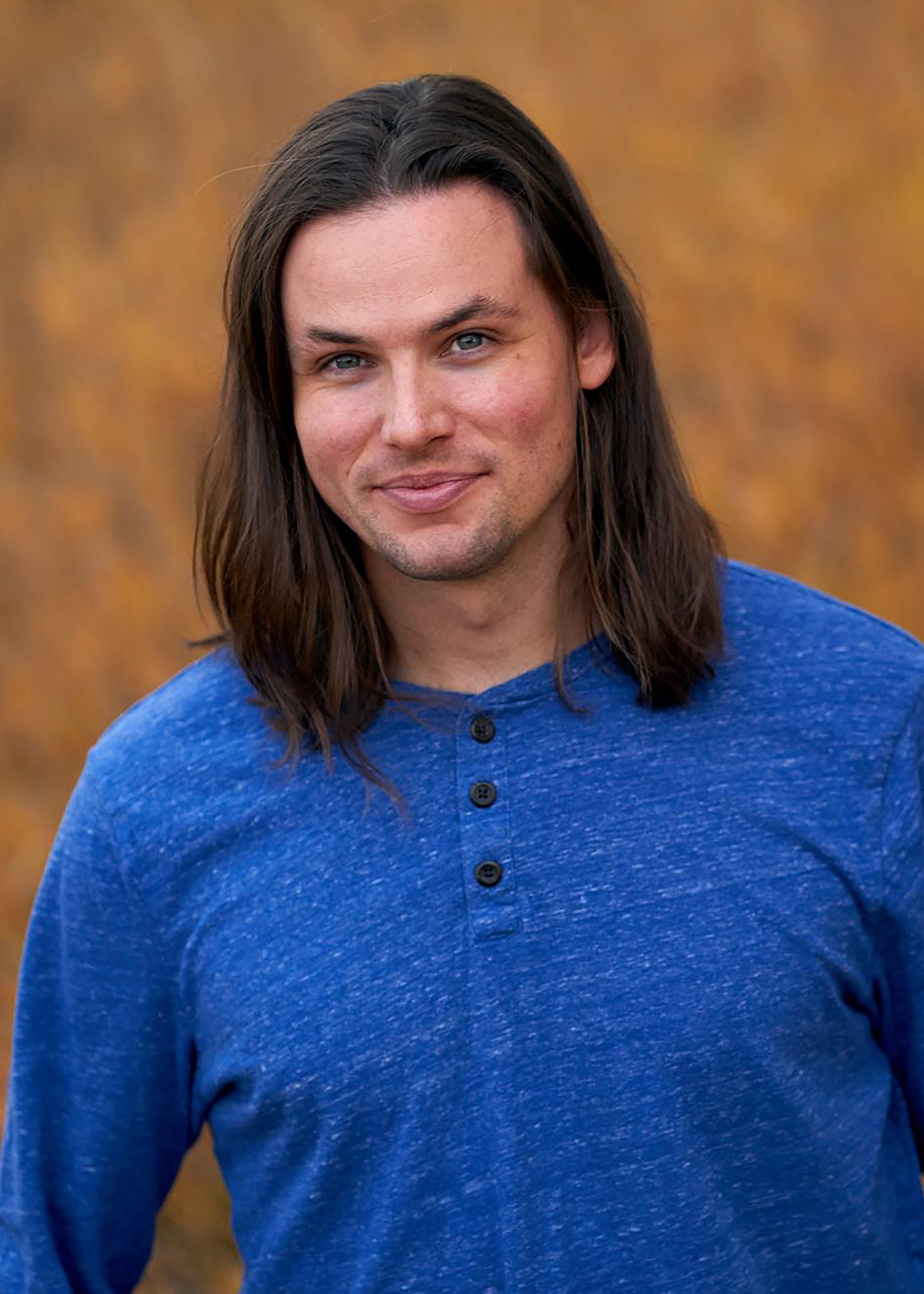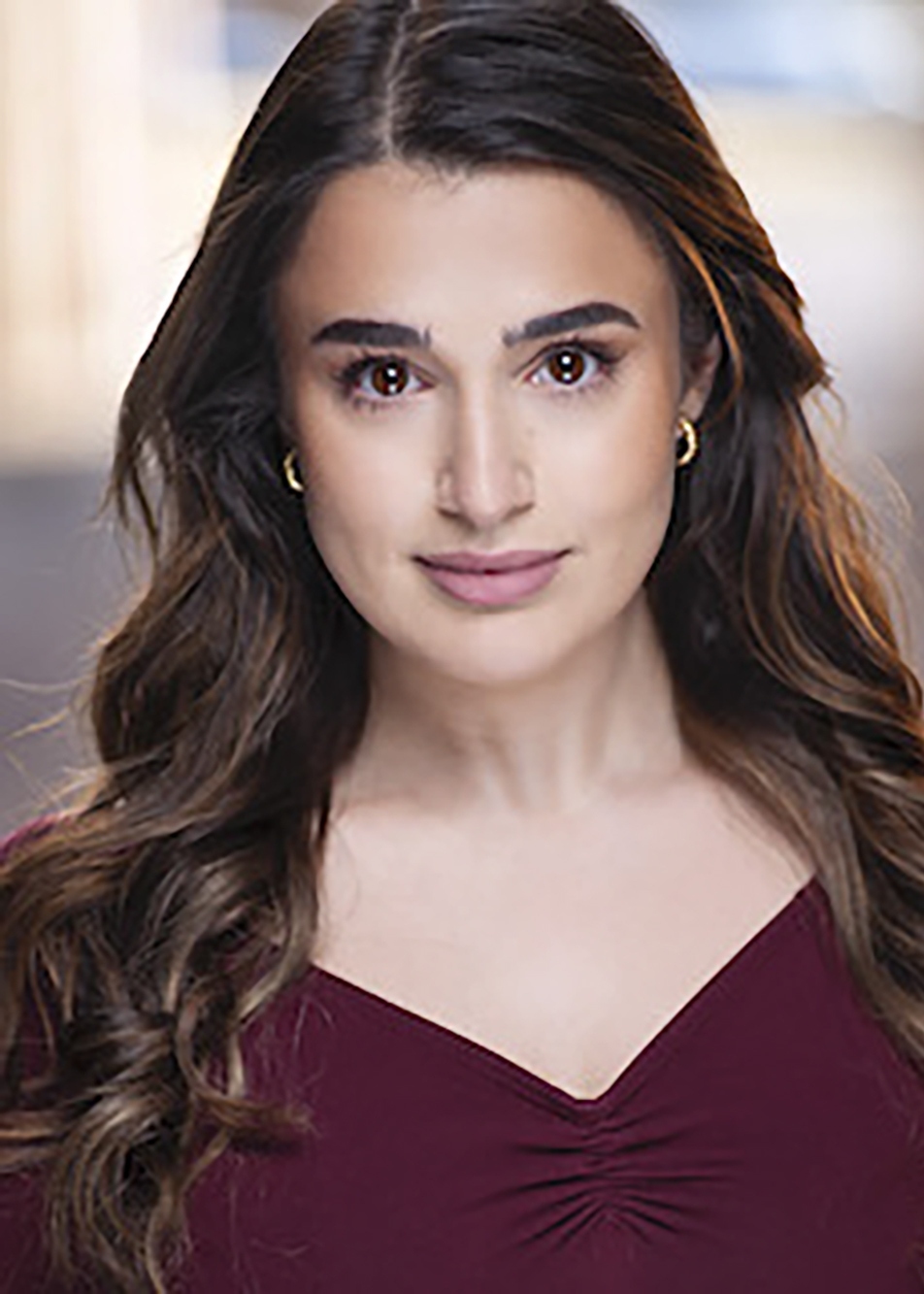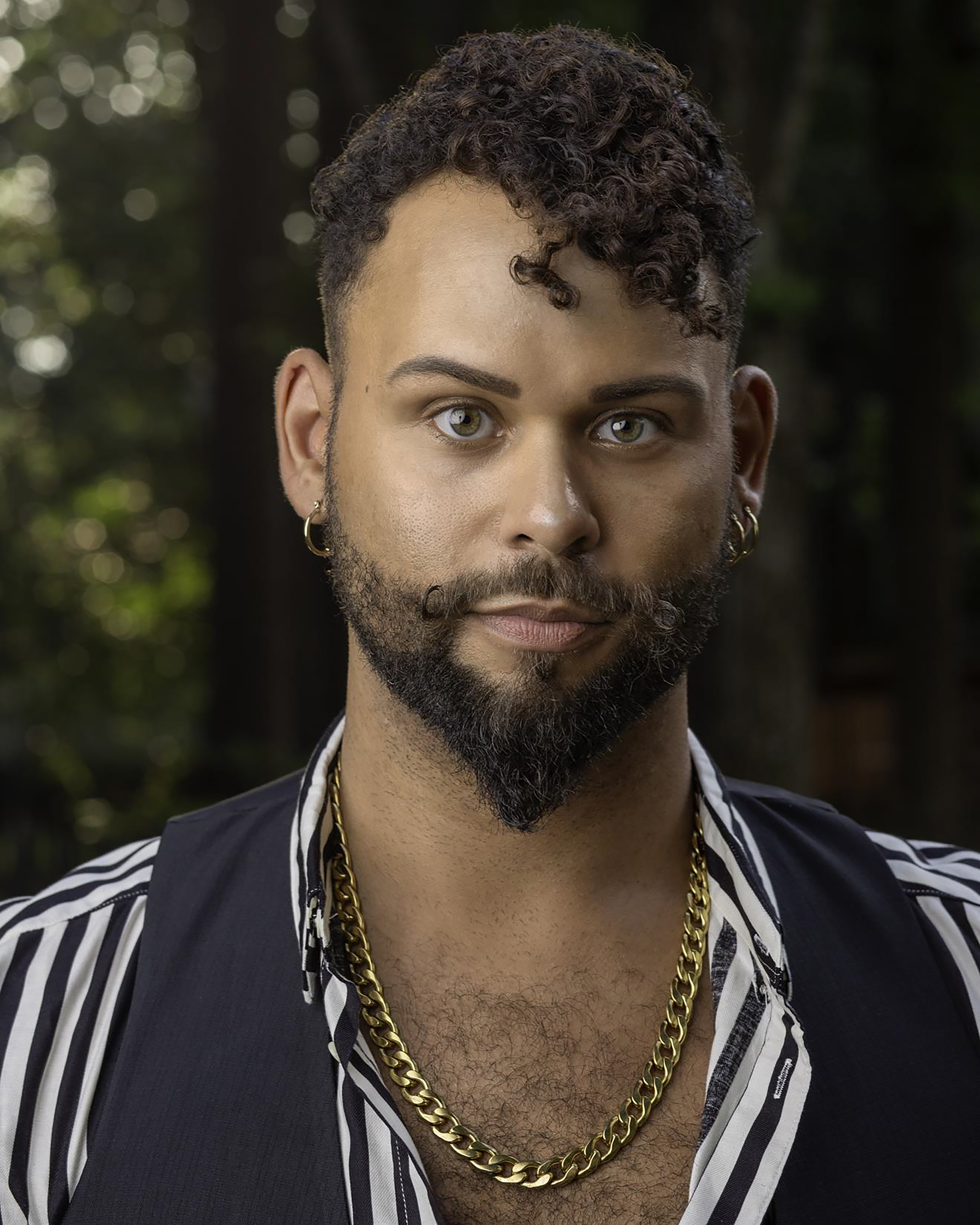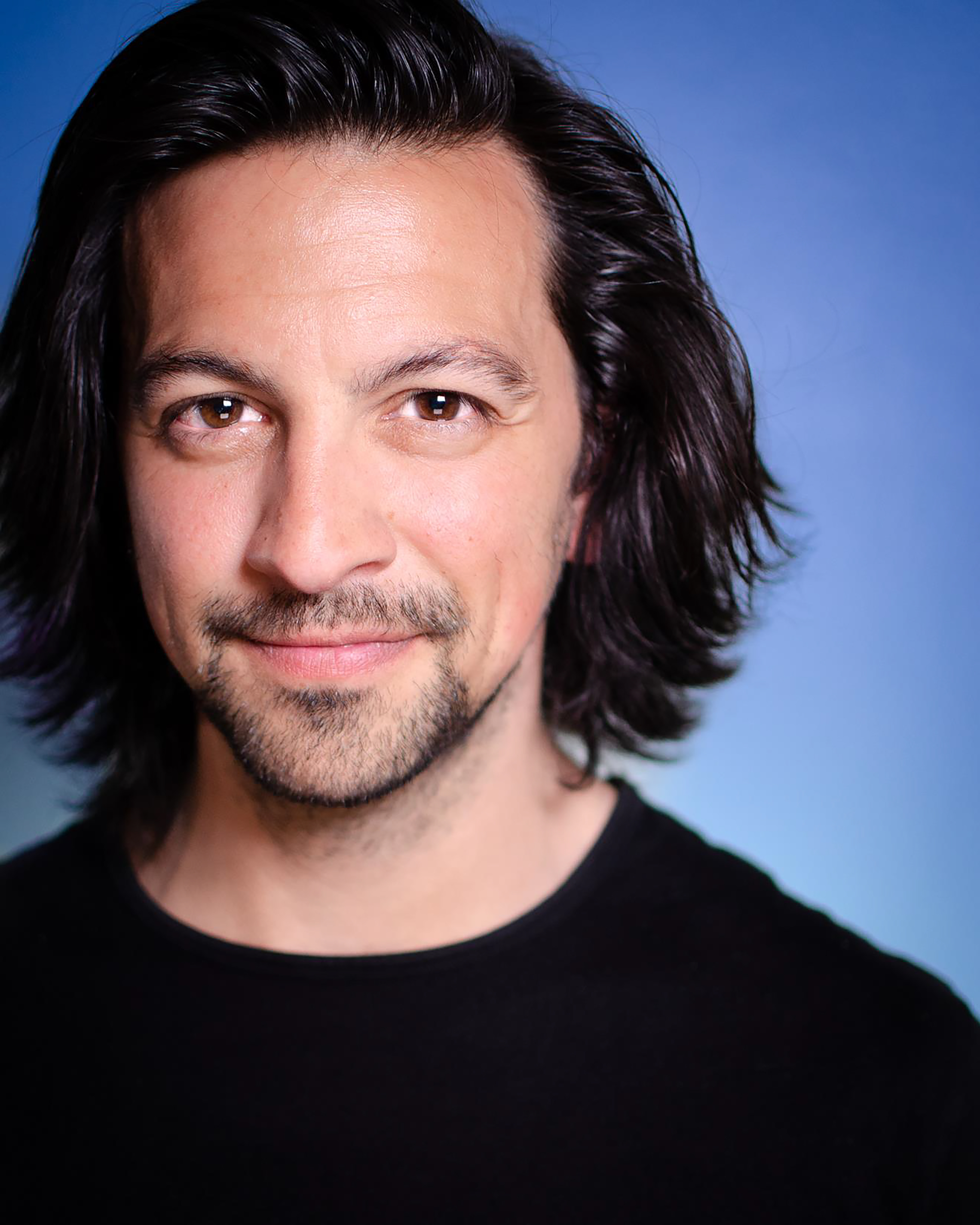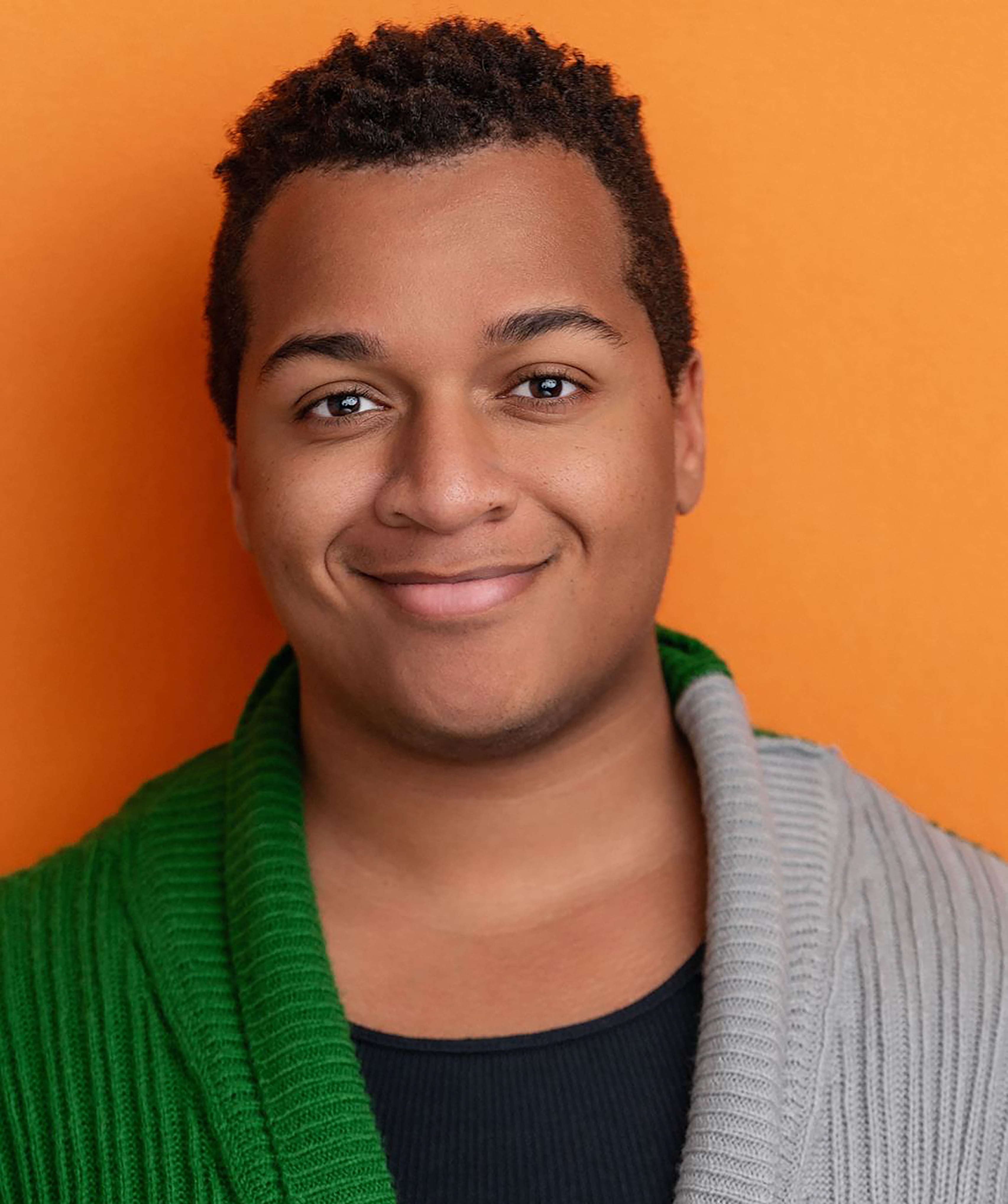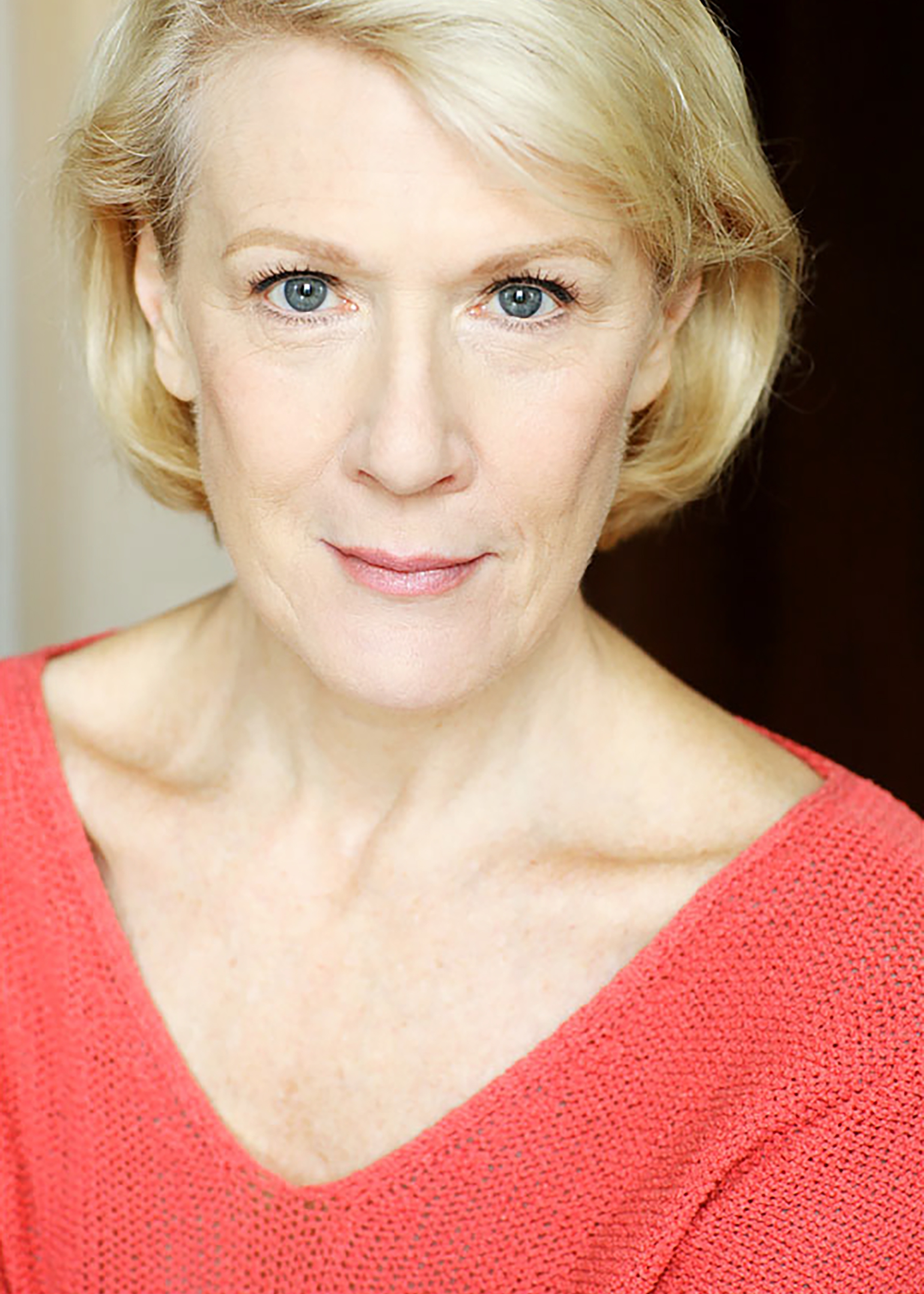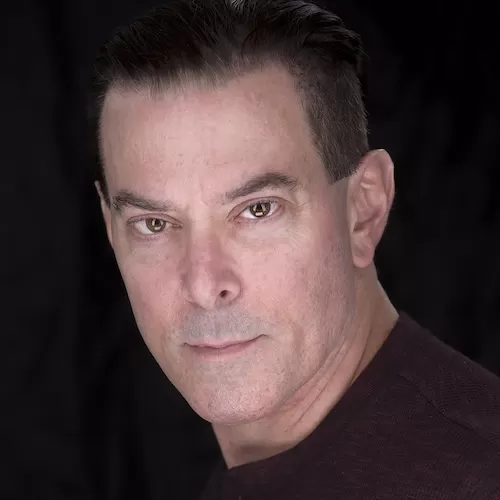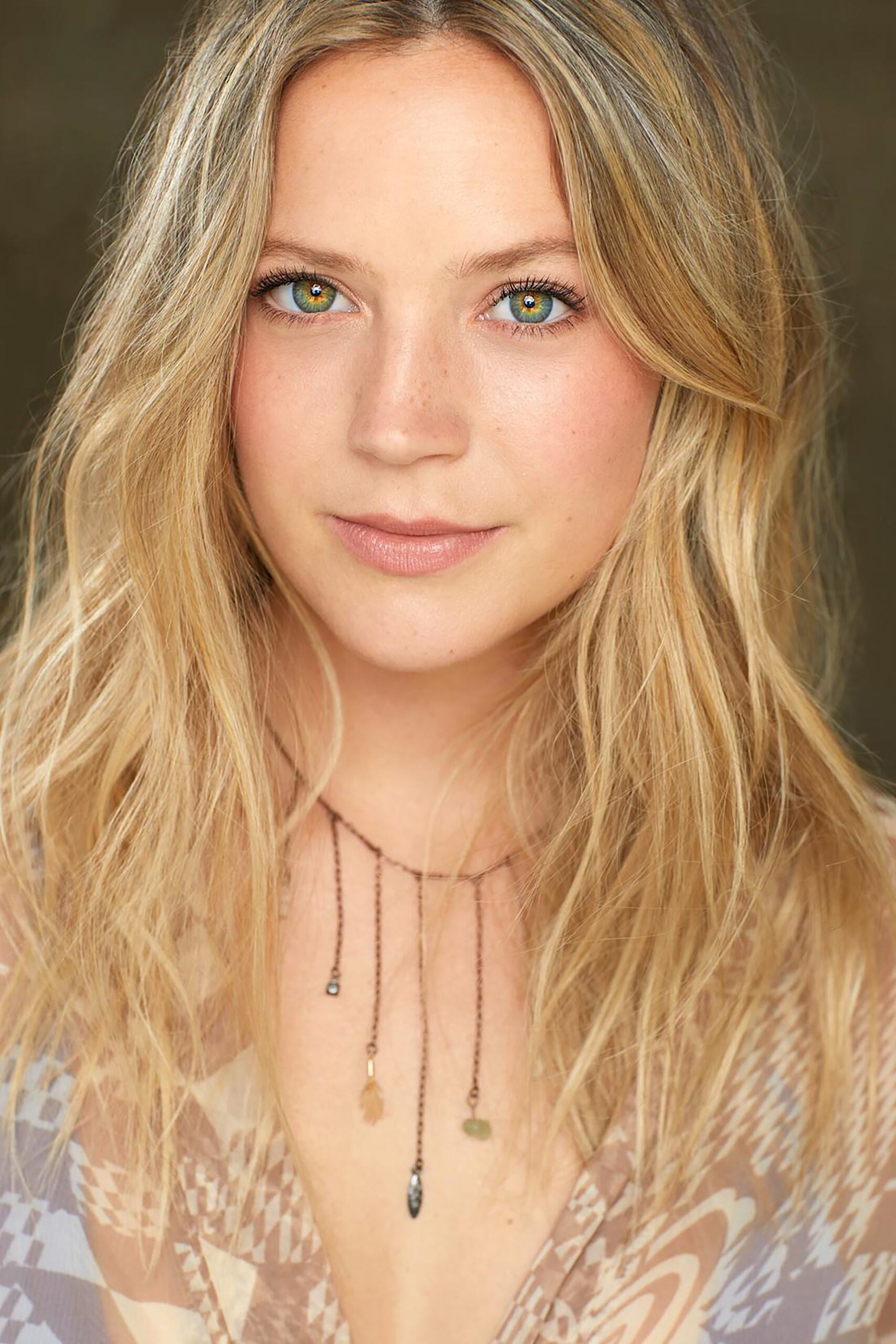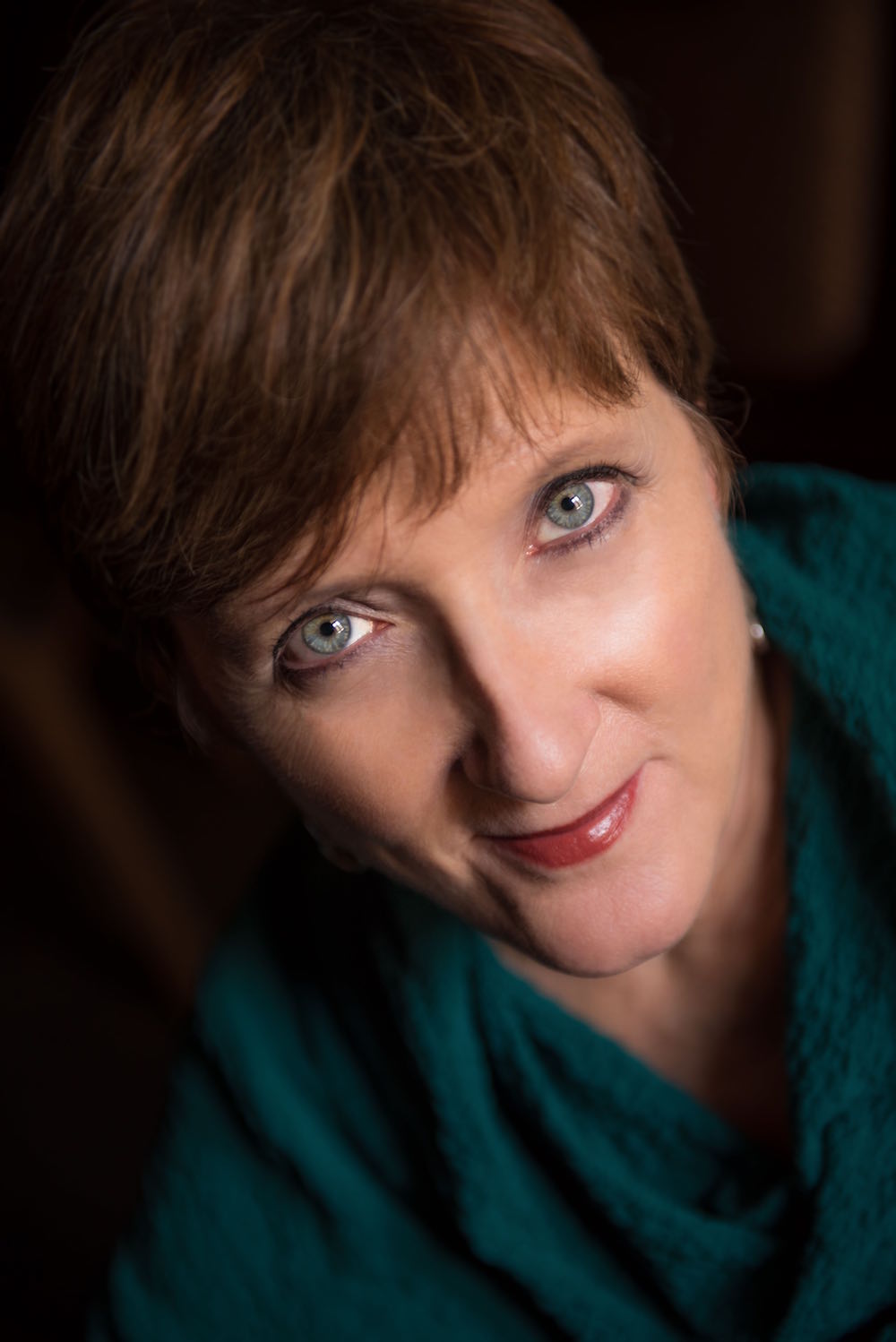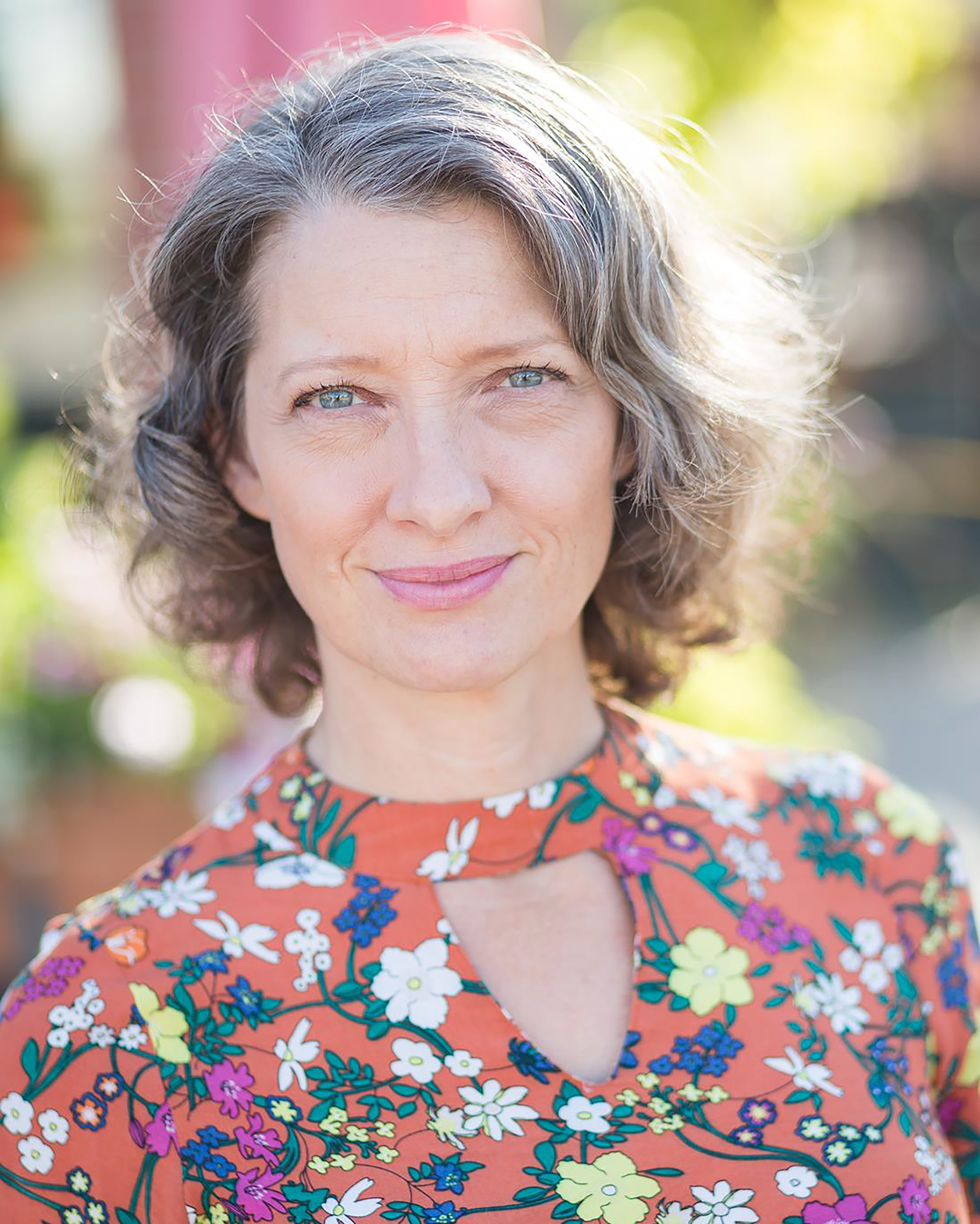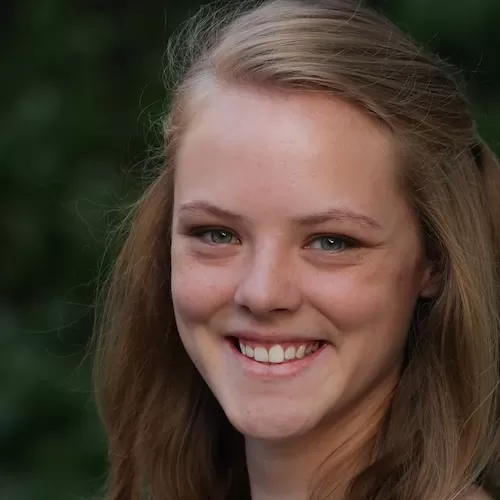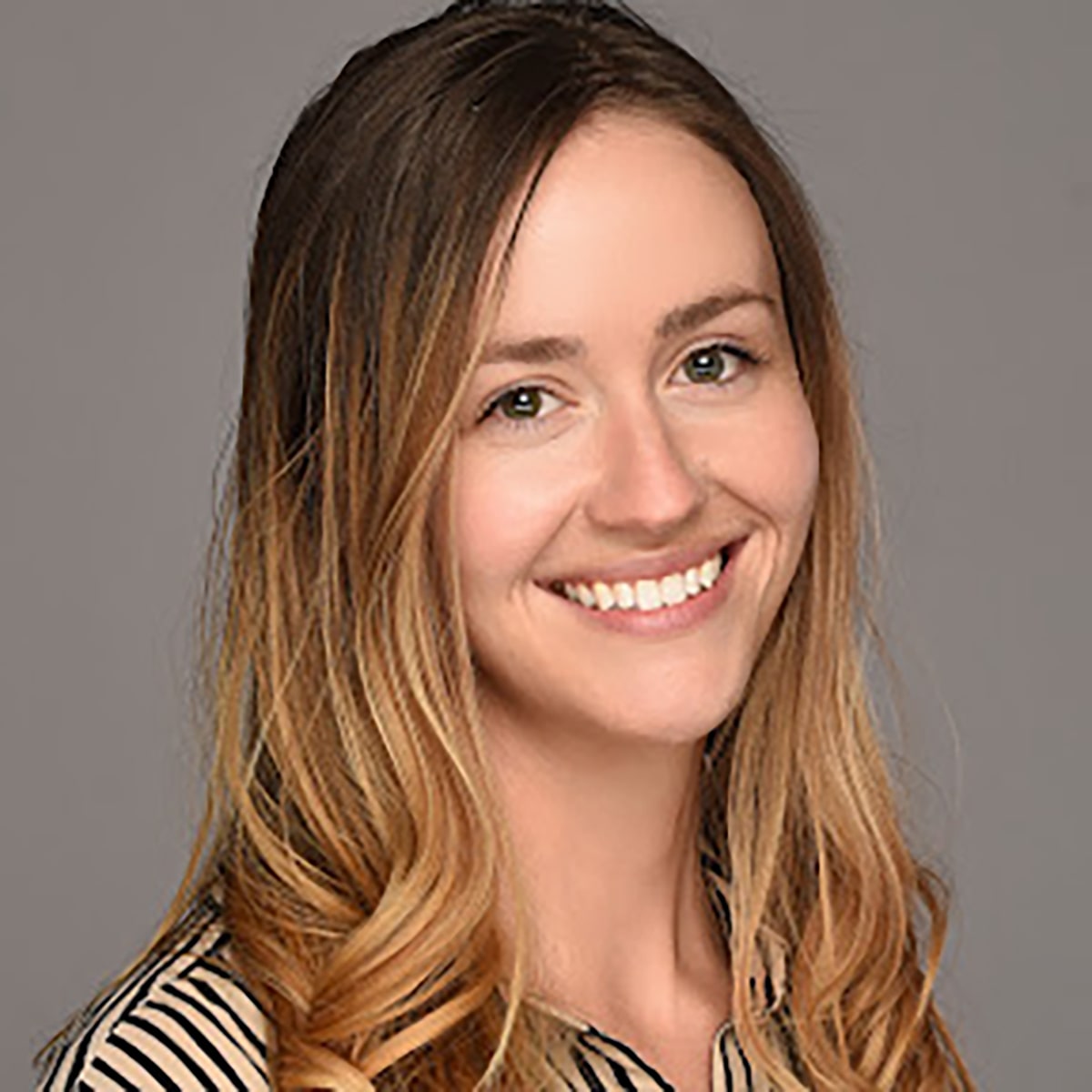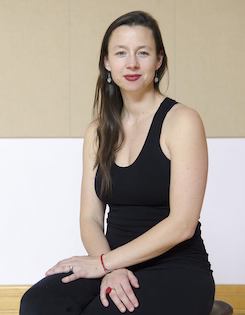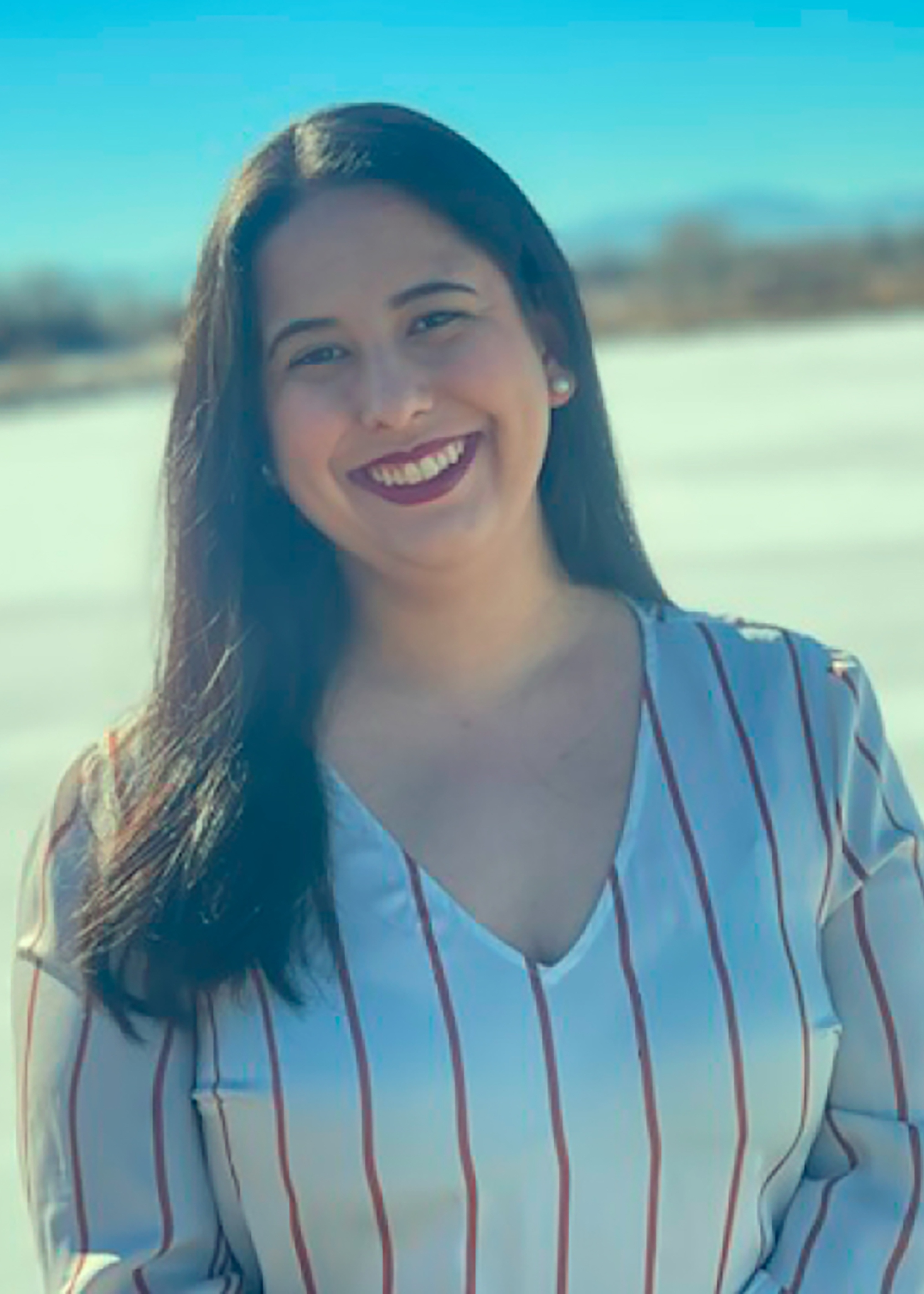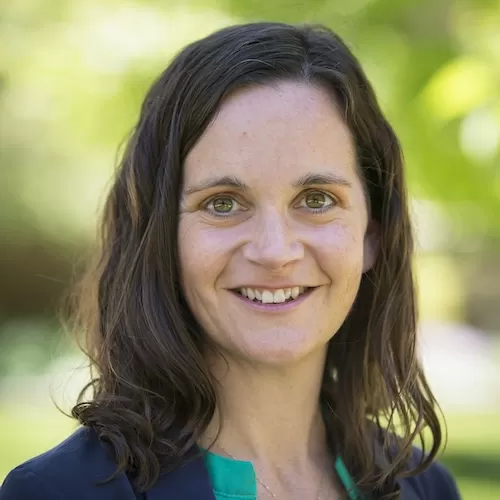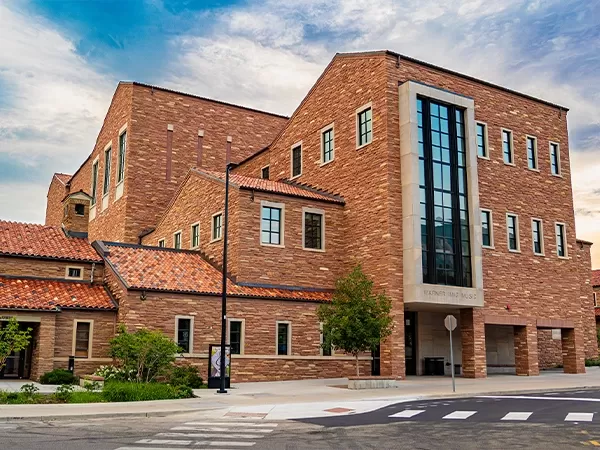Our remedies oft in ourselves do lie,
Which we ascribe to heaven.
A smart and sexy coming-of-age romp set in elegant 1950s France, "All’s Well That Ends Well" introduces audiences to Helen and Bertram—one, a brilliant but poor physician’s daughter, the other, a wealthy, roguish soldier—as they grow up and grow into themselves in order to find love.
Since 1958, the Colorado Shakespeare Festival has delighted audiences with professional theatre on the CU Boulder campus. Complete your Colorado summer with Shakespeare in the elegant indoor University Theatre.
Performance dates and times
Friday, Aug. 5, 7:30 p.m. $20-$62
Saturday, Aug. 6, 2 p.m. $23-$67
Saturday, Aug. 6, 7:30 p.m. $23-$77
Buying options and discounts
Save big with season tickets! This show is available in the Full, Pick 2 or 3, Weekday Will, and Choice Option packages or as an add-on to other season ticket orders. Learn more
Single ticket discounts are available for preview night, groups (10+), youth (K-12), seniors (65+), students, active military and CU employees. Volunteer ushers get to see the show for free. Learn more

